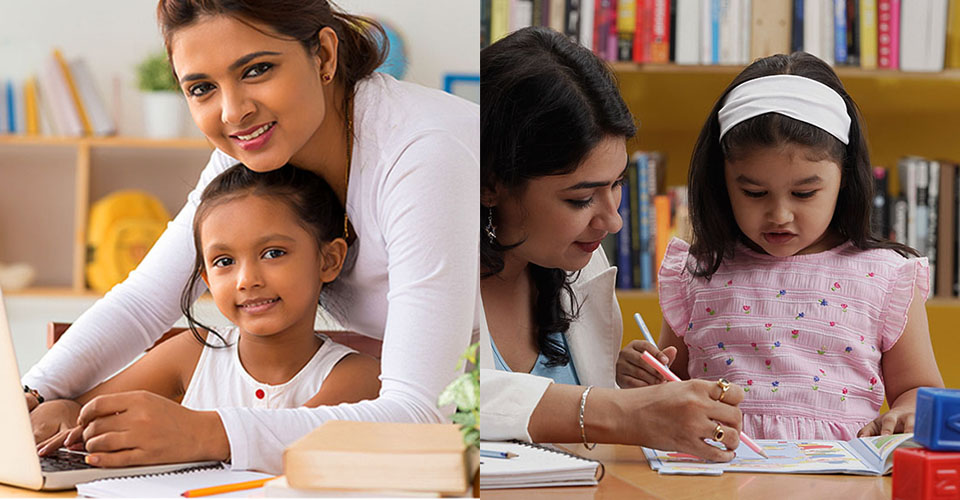How do we know if a child needs counselling
19th February 2020
Due to the changing scenario of the education system as well as society at large, children tend to experience emotional ups and downs, periods of moodiness, trouble with friends, deteriorating academic performance, etc. Some of these are normal during a child’s growing up years, as psychologist Kristen Eastman, PsyD. Says, “Some moodiness, anxiety, and social and school difficulties are expected as kids grow up.” During this period, parents and teachers must try to listen to the child first and validate their experience. They must resort to using phrases like “I see this is really hard for you,” or “I notice you’ve been struggling lately.” These kinds of empathetic words will make them feel heard and they will feel more receptive to talking and sharing about those things that are disturbing them.
However more aggravated situations like those where the child experiences the following things make it imperative for them to receive counselling sessions from the school counsellors:
- Has problems in multiple areas of life, including family relationships, academic performance and friendships
- Starts feeling bad about himself or herself
- Less confident and self esteem
- Excessive worry about the future
- Expresses hopelessness
- Withdraws from family, friends or activities that he/she used to enjoy
- Significant change in sleep habits or appetite
- Engages in negative behaviour more frequently
- Has repetitive, self-destructive behaviours such as hair-pulling or skin-picking
- Talks about or engages in any kind of self-harm
Teachers need to pursue child counselling courses for teachers to learn more about these symptoms and identification process and master the skills related to counselling students in order to become empathetic, help them guide properly, lead a well-balanced life as well as improve their relation with the student.